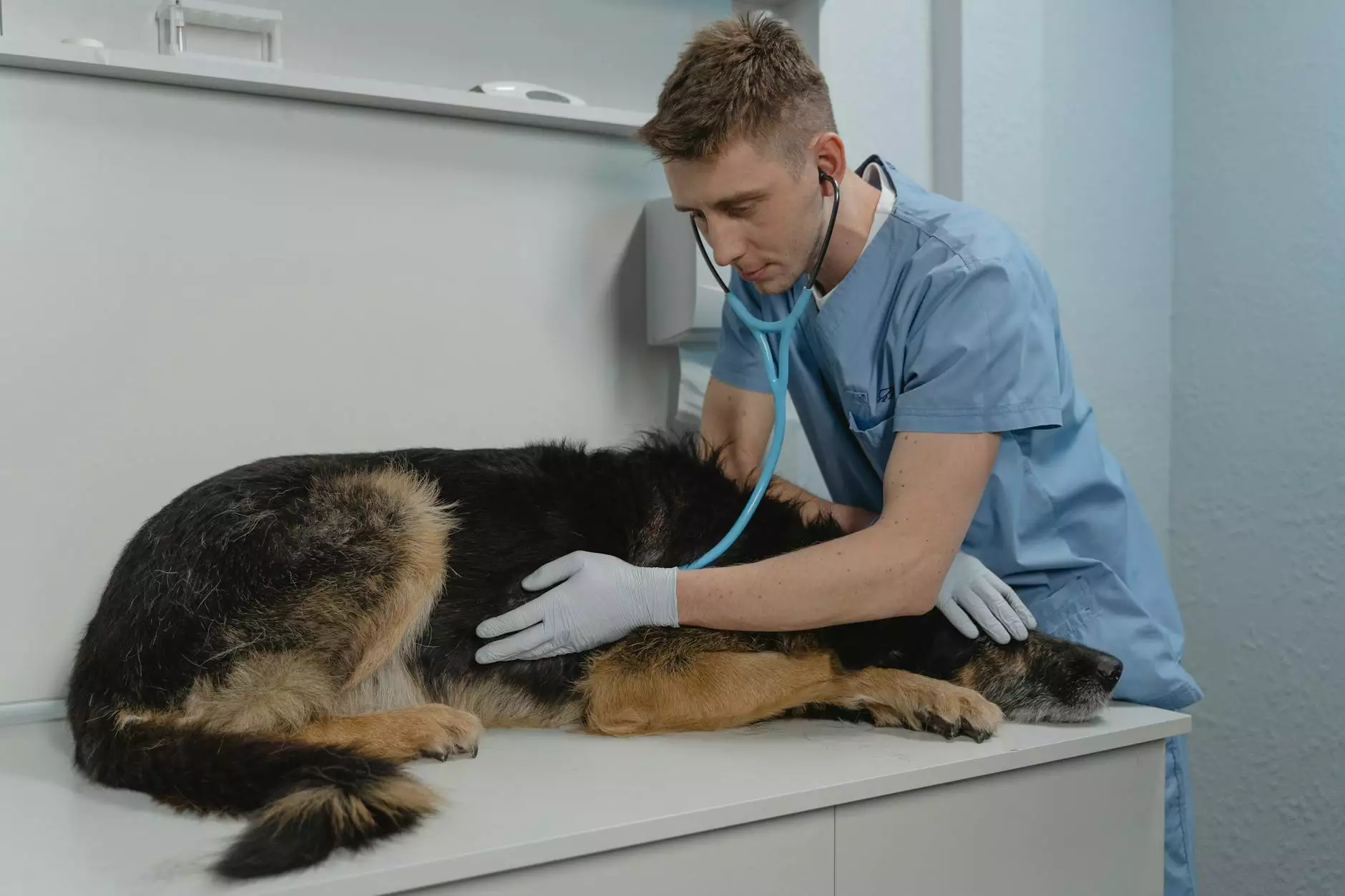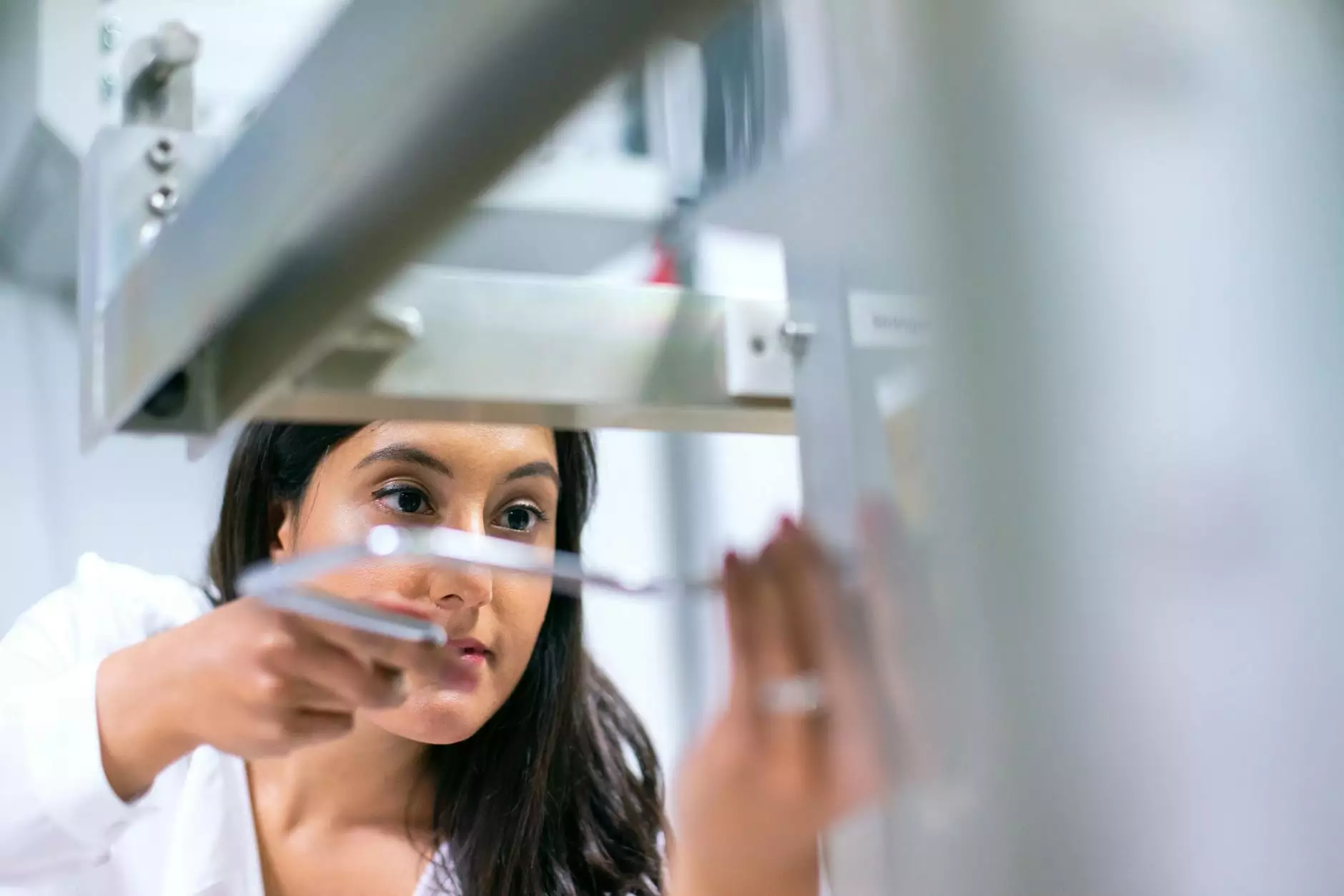James Creswell Simpson: The Power of Medical Simulation as a Learning Tool
Blog
Introduction
Welcome to Kimwell Nursing Home's blog, where we delve into the fascinating world of healthcare education. In this article, we will explore the extraordinary power of medical simulation in enhancing learning experiences. Join us as we uncover the immense benefits of simulation techniques in the field of geriatric and aging care.
The Role of Simulation in Healthcare Education
Simulation-based training has revolutionized the way healthcare professionals acquire and refine their skills. James Creswell Simpson, a renowned expert in medical education, has been a strong advocate for the integration of simulation into healthcare curriculums. By replicating real-world scenarios in a safe and controlled environment, simulation offers a unique hands-on approach to learning.
Enhancing Geriatric and Aging Care with Simulation
Geriatric and aging care present unique challenges that require specialized skills and knowledge. Through simulation, healthcare providers can develop a deeper understanding of the complexities associated with elderly patients and their specific needs. Let's explore some key benefits of using simulation in geriatric care:
1. Realistic Scenario Replication
Simulation allows healthcare professionals to engage in realistic scenarios, such as managing age-related chronic conditions, identifying cognitive impairments, and navigating end-of-life care discussions. By practicing in a controlled environment, professionals can hone their decision-making abilities and develop confidence in handling complex situations.
2. Interdisciplinary Collaboration
In geriatric care, collaboration among healthcare providers is crucial. Simulation fosters interprofessional teamwork by bringing together nurses, physicians, social workers, and other professionals in a simulated care setting. Through effective communication and collaborative problem-solving, teams can improve patient outcomes and enhance the overall quality of care.
3. Individualized Care Planning
Each elderly patient has unique care needs. Simulation allows healthcare professionals to practice individualized care planning by simulating a range of geriatric conditions and tailoring interventions accordingly. From medication management to fall prevention strategies, simulation provides an invaluable platform for learning and refining person-centered care.
4. Emotional Competence Development
Caring for the elderly requires emotional competence and empathy. Simulation-based training creates opportunities for healthcare professionals to develop these essential qualities. By engaging in simulated interactions with elderly patients, providers can enhance their ability to address emotional needs, foster rapport, and offer compassionate care.
The Future of Healthcare Education
As the field of healthcare continually evolves, simulation will play an increasingly vital role in education and professional development. James Creswell Simpson and Kimwell Nursing Home are at the forefront of this transformative approach, empowering caregivers and revolutionizing geriatric care.
Conclusion
James Creswell Simpson's advocacy for medical simulation as a learning tool is reshaping the way healthcare professionals prepare for the challenges of geriatric and aging care. With its ability to replicate real-world scenarios, facilitate interdisciplinary collaboration, and foster individualized care planning, simulation offers unparalleled opportunities for growth and knowledge acquisition. Embrace the power of simulation at Kimwell Nursing Home and embark on a journey towards excellence in geriatric care.










